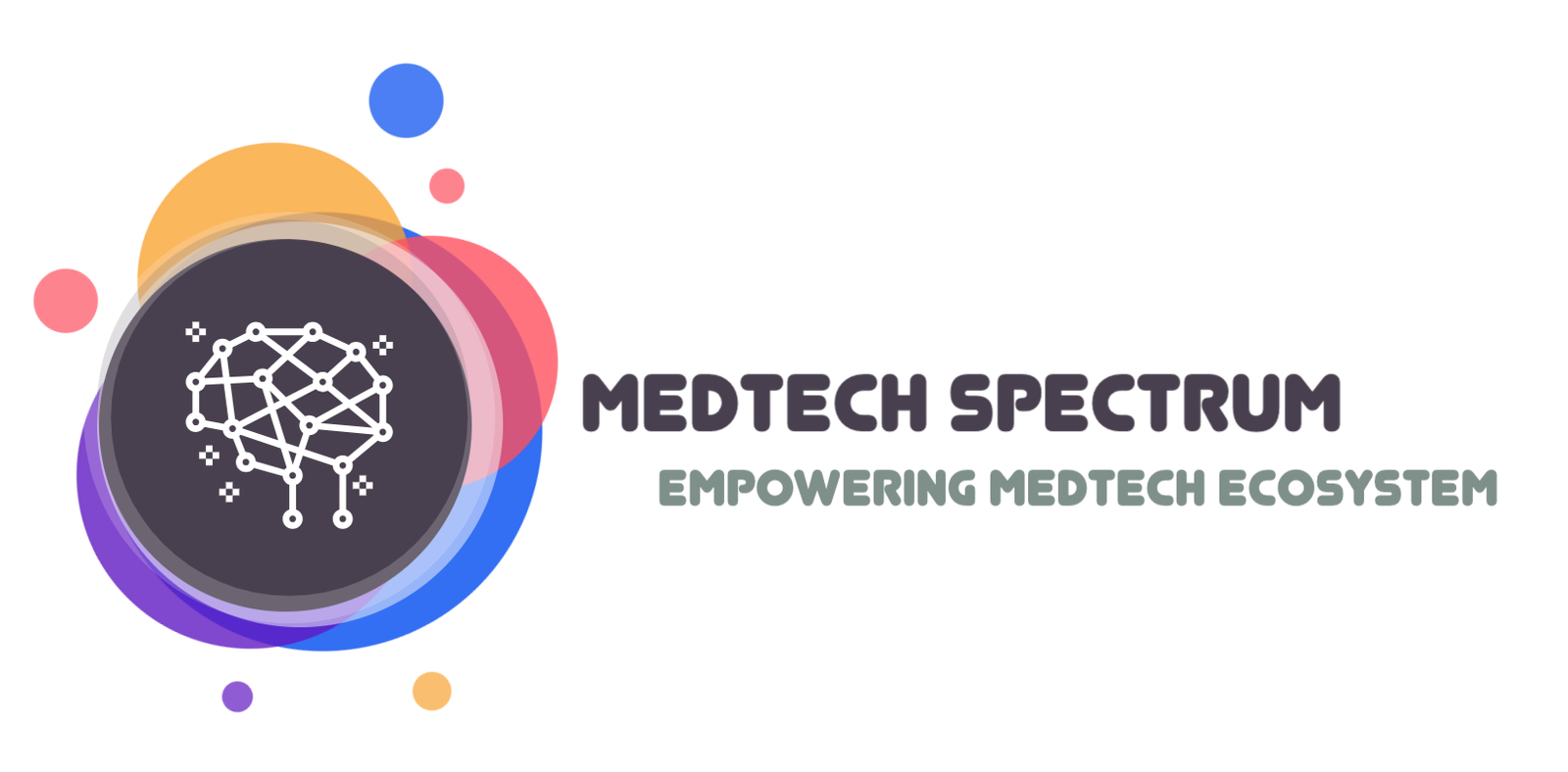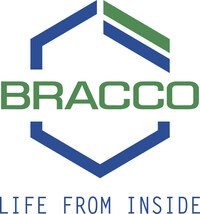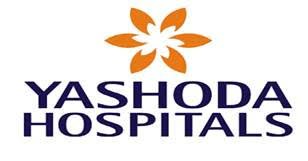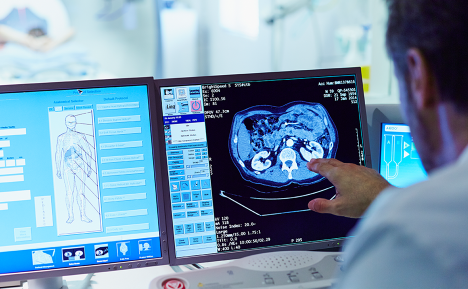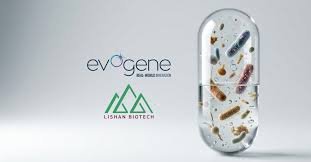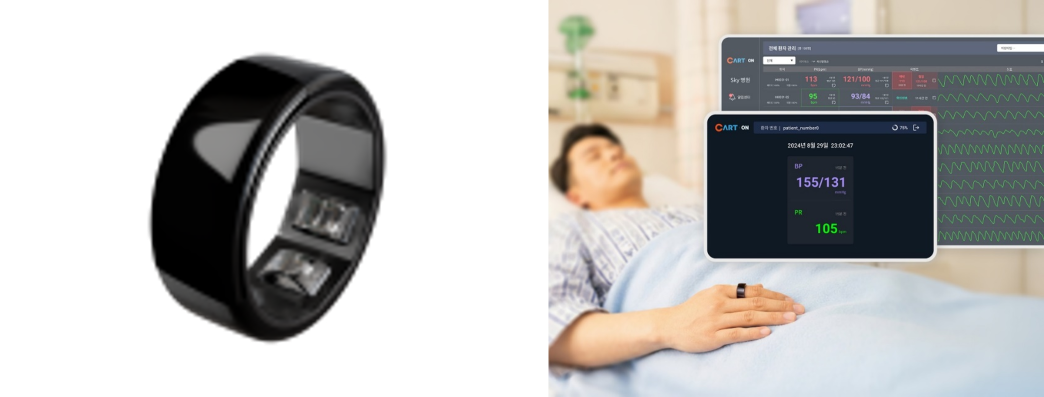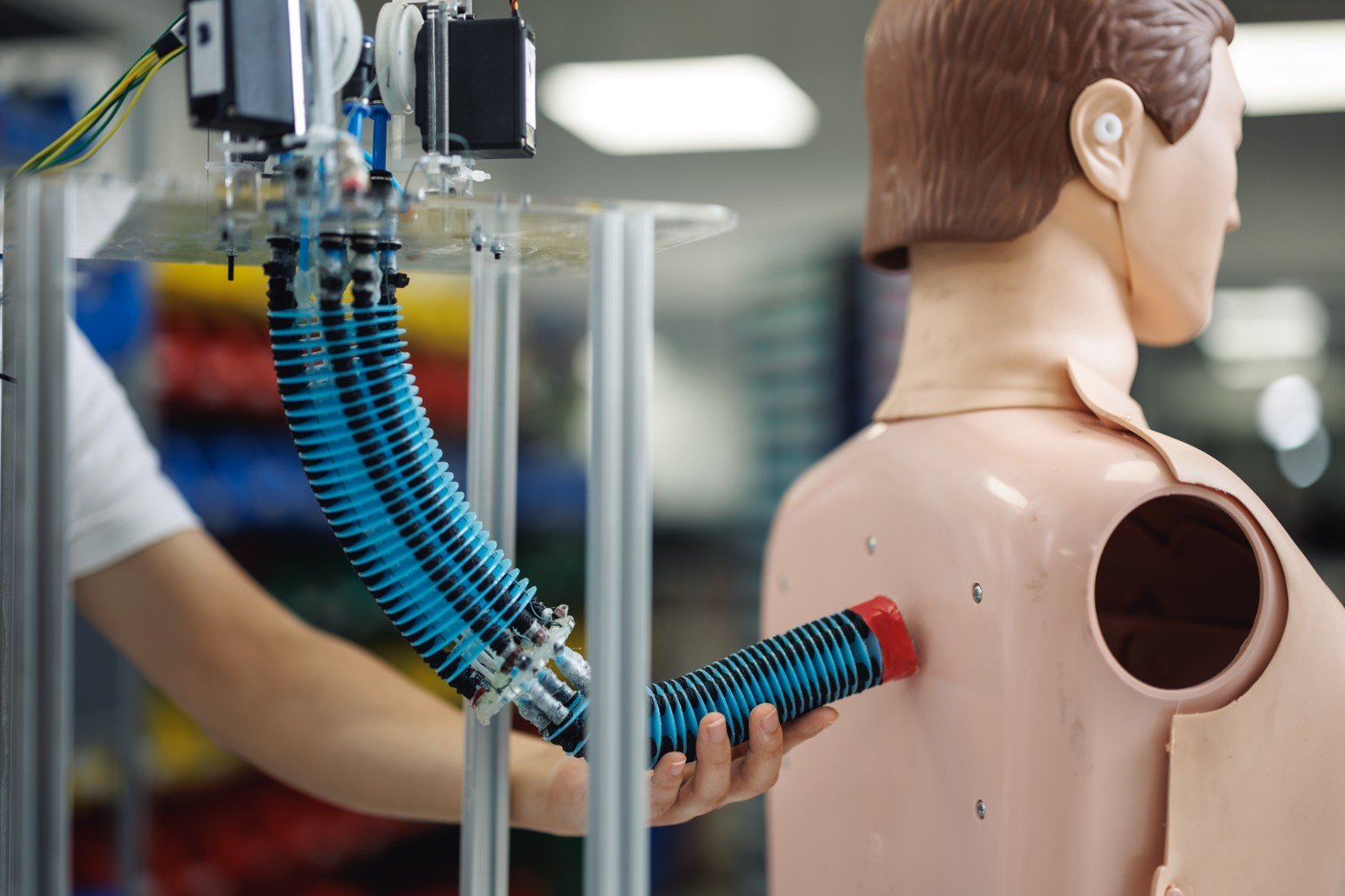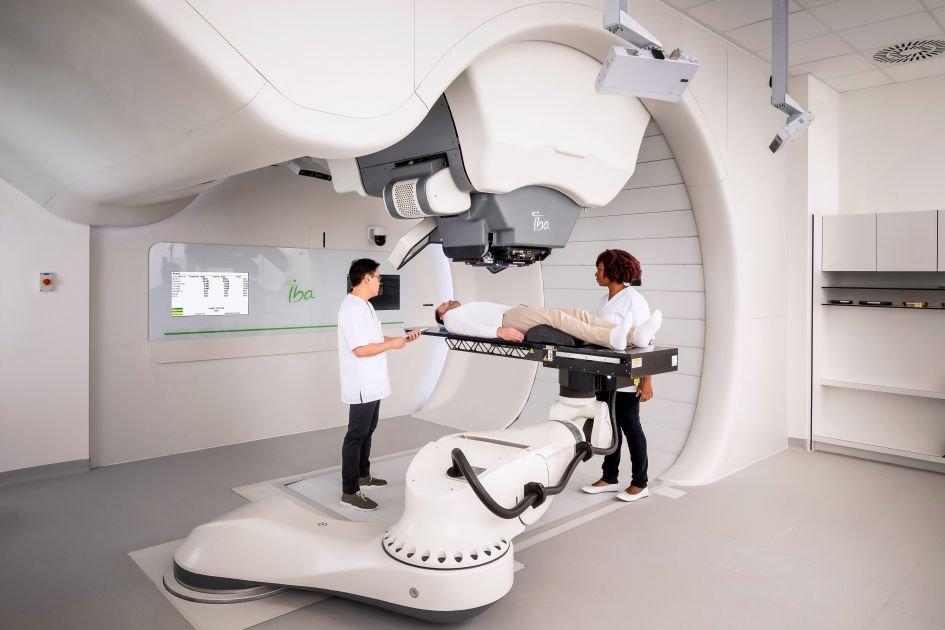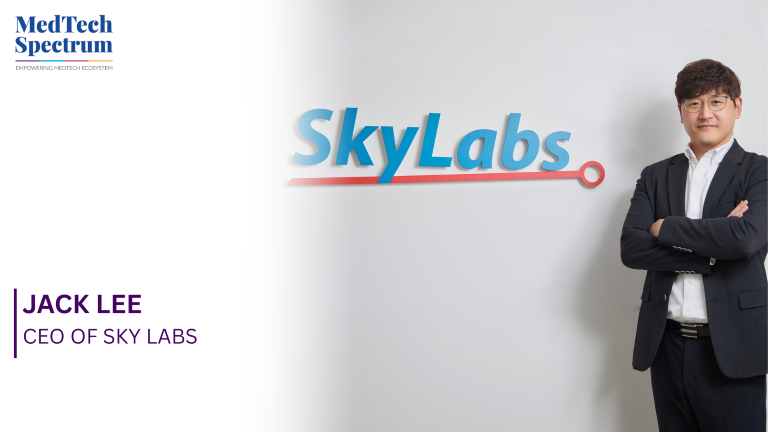Aspen Neuroscience has announced promising six-month results from the first three patients dosed in its ASPIRO Phase 1/2a trial, evaluating ANPD001, a personalized autologous cell therapy for moderate to advanced Parkinson’s disease. The data, to be presented at the 2025 IAPRD conference in New York, revealed that the therapy was safe, well-tolerated, and showed meaningful improvements in motor symptoms and quality of life. Importantly, patients did not require immunosuppressive drugs, a key differentiator in the use of autologous induced pluripotent stem cell (iPSC)-derived therapies.
The ASPIRO trial is the first multi-patient, multi-center study of autologous iPSC-based therapy for Parkinson’s and is assessing both safety and efficacy. The initial patients, all responsive to levodopa but with ongoing motor fluctuations, received a single surgical dose of five million dopaminergic precursor cells per putamen under image-guided delivery. At six months, outcomes included a 45% average improvement in physician-rated motor scores and a 71% improvement in patient-reported symptom scores. Patients also experienced reduced “off time” and increased “good on” time, indicating improved symptom control without added medication side effects.
ANPD001, which has received Fast Track designation from the U.S. FDA, represents a major step in regenerative neurology. Manufactured from the patient’s own skin cells, which are reprogrammed and differentiated into dopaminergic neuron precursors, the therapy is designed to replace lost neurons without the immune risks of allogeneic therapies. The ASPIRO study continues to monitor safety and efficacy through a 15-year follow-up, with primary outcomes reported at 12 months. These initial results signal important progress for personalized, long-term treatment strategies in Parkinson’s disease.
